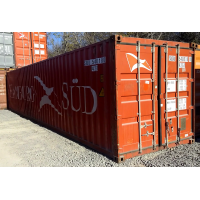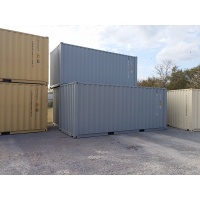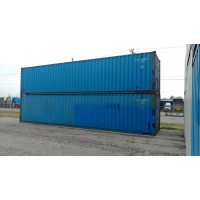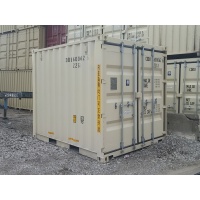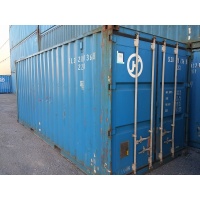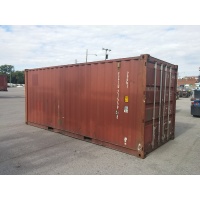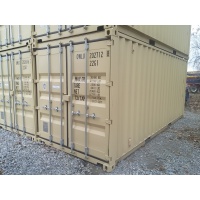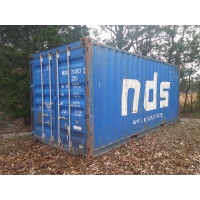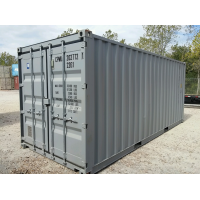
Hamburg, Germany- Speaking at the annual JOC Container Trade Europe Conference in Hamburg, Germany, Ruud van der Wel, Head of APM Terminals Global Labor Relations outlined the company’s latest positions on port labor and the implications for Europe’s ports in the session “European Longshore Labor: A Growing Issue for Shippers.
Hamburg, Germany– Speaking at the annual JOC Container Trade Europe Conference in Hamburg, Germany, Ruud van der Wel, Head of APM Terminals Global Labor Relations outlined the company’s latest positions on port labor and the implications for Europe’s ports in the session “European Longshore Labor: A Growing Issue for Shippers.”
Bunker prices were once the highest cost element for liner operators. But now, terminal costs are the largest cost for liner customers. With the advent of lower bunker prices, more fuel efficient ships and larger vessel alliances – there is now a tremendous focus on reducing terminal costs and improving container terminal efficiencies. “The pressure is on – our liner customers and landside customers expect port operators to deliver year-onyear cost reductions, higher productivity and show more flexibility in port operations. This impacts the way we organize the work at our Terminals and requires our employees to adjust to this new reality. We must work together with them and their representatives (unions, works councils) to meet this challenge,” said Mr. van der Wel.
Continuous dialogue is an important aspect in APM Terminals labor relations strategy. The best approach is to work together in a constructive way. “When I compare trade unions of the port industry with other industries – we have a way to go before unions and companies are working on the basis of mutual trust, dialogue and collaboration and with a common long term strategy in mind. This is the best way forward to serve customers and sustain both the competitive success of the company and the unions’ desire for long term employment,” commented van der Wel.
Nobody wins in labor disruptions. Labor disruptions in Gothenburg were a major flashpoint in European supply chains the past 16-18 months and the situation is unresolved despite two attempts by mediators. 50% of Sweden’s trade flows through APM Terminals Gothenburg which has experienced a 30% drop in volumes due to labor disruptions.
APM Terminals Gothenburg has a valid collective bargaining agreement (CBA) in place that has been negotiated with the Swedish Transport Union (STU), but has an ongoing conflict with the Swedish Dockworkers Union (SDU) who are unwilling to compromise and expects the company to violate the Labor Law and the Swedish Labor System. “We will not agree to violating a legally valid CBA we have with the STU union. We respect the Swedish Labour System and will continue to operate within that context. If a company has a valid CBA in place, they should be protected. We expect the Government should protect the country’s economy and APM Terminals Gothenburg in this case.” added Mr. van der Wel.





